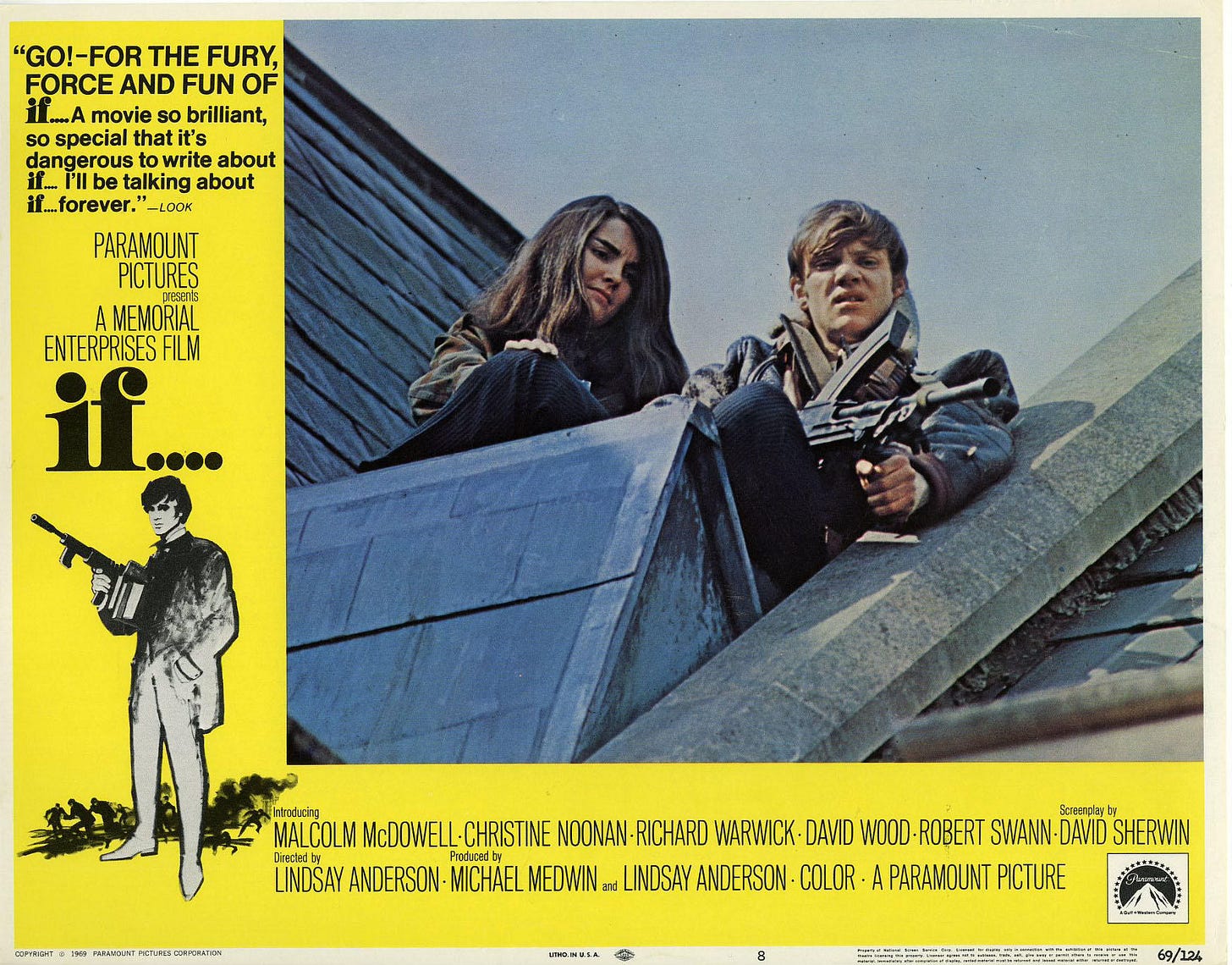The coming battle over private schools
Beware the professional middle classes in defence of their privileges
The campaign against Labour’s plans to charge VAT on private school fees is now well underway. A slew of stories has been appearing this spring, usually originating in claims made by groups representing the independent school sector, and (where cited) research commissioned by them.
In late March, for example, the Telegraph reported its own commissioned poll of “350 independent school leaders” which “found that 95%” of schools expect to increase their fees as a result of the policy. Not only that but, apparently, “Labour’s VAT tax grab could put seven out of ten fee-paying establishments at risk of closure”.
And since mid-April The Times has run several prominent new stories and news page features which together, I’d say, constitute an editorial campaign against Labour’s proposed policy. On the 19th the headline was “Quarter of parents would quit private schools if VAT added to fees”, this resulting from a “survey of people with investable assets of more than £250,000”.
Nine days later the headline was “Grandparents empty savings to pay private school fees” and the subhead read “Families are trying to find ways to pre-pay fees in anticipation of Labour adding VAT to the already escalating total”.
On May 10th it seemed that the putative charges were already impacting on enrolments for next year with the Times telling readers that “Labour's VAT plans blamed for fall in private school entries”. Blamed, of course, by the independent schools, who had just (as it happens) increased fees by an average of 5.5%.
On the same day the Times ran two complementary features, one headed “How will private school fees change- and can you avoid the hikes?” (answers on a postcard) and my own favourite, “I’ll send my son to India; Parents plan to beat VAT on private schools”, which featured one single example of a parent planning to do this, while noting that branches of major independent schools have been set up in other countries and charge much lower fees that their British counterparts. Which begs an entirely different question.
For whatever reason, and readers can speculate for themselves, it’s pretty clear where the Times is going on this. And it’s only just beginning.
What are the claims?
The parent who is planning the Indian option is Loveena Tandon, described in the piece as a “documentary film-maker who lives in West London”. Her speaker’s agency website labels her as “one of India’s most respected journalists” who is, among other things, Foreign Correspondent for the India Today Group in London and who broadcasts for two of the largest news networks in India.
What the article doesn’t tell you is that she is the animating figure behind a pressure group called Education Not Taxation: Parents Against School Fee (sic) VAT. Who are:
…not a party-political group. We are just hard-working parents who don’t want to see their children, or those of others, forced to leave the schools they know and love. Collectively we have different political preferences and life experiences, but we are united by this deep concern.
The website adds (and it’s a decent synopsis of the arguments) that Labour’s policy would be…
…likely to force children out of the schools they love, close independent schools and increase pressure on popular state schools, while failing to raise the money promised.
These three assertions will pretty much constitute the key points that the anti-VAT lobby and its supporters will seek to establish. Labour will penalise ordinary, aspirational parents and their children who will not be able to afford the raised fees, their departure will close schools down and all for little actual gain to the Treasury, given that these same children will then pitch up at state schools.
So how should we assess these claims?




